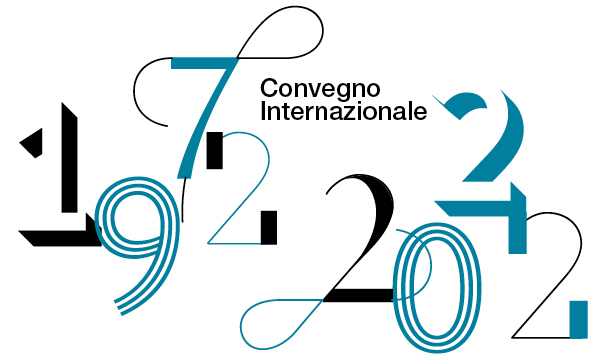In occasione del 50° anniversario dalla ratifica della Convenzione per il Patrimonio Mondiale e del 40° anniversario dell’iscrizione del Centro Storico di Firenze nella Lista del Patrimonio Mondiale UNESCO, l’Università degli Studi di Firenze e il Comune di Firenze promuovono due giornate di dialogo e confronto con l’obiettivo di coinvolgere studiosi, professionisti e decisori affinché riflettano sui temi principali della Convenzione e sul suo futuro sviluppo e attuazione.
L’evento si propone di far luce sui modi in cui il Patrimonio Mondiale ha saputo unire persone, luoghi ed esperienze a livello globale, favorendo la produzione e la diffusione di teorie, strategie e pratiche per proteggere e salvaguardare il patrimonio culturale e naturale, in un prospettiva di uno sviluppo sostenibile incentrato sulle persone, basato sulla comprensione e sull’uso più ampio dei valori del patrimonio.
——–
Half a century has passed since the ratification of the Convention Concerning the Protection of the World Cultural and Natural Heritage, adopted by UNESCO in 1972. In this timespan, different things have changed: starting from the definition of heritage, which has become increasingly inclusive, embedding visions and cultures that would not have received the same prominence fifty years ago; to the extension of the geographical scope in which the principles of the Convention are applied; to the intended use of World Heritage properties, different and diverse depending on cultural and social contexts. The states of conservation, modalities of access and fruition, numbers of users, and the nature of the objects have changed. However, the objective of identifying, protecting, preserving, enhancing and passing on to future generations the cultural and natural World Heritage of the planet, through the implementation of a system of international cooperation and assistance, remains unchanged. The commitment of the States Parties to the Convention to make the protection of the World Heritage more integrated with wider territorial planning tools, through adequate safeguard actions from the legal, scientific, technical, administrative and financial point of view, remains valid. At the same time, efforts have been made to strengthen the focus on education and the awareness-raising of heritage values, through the training of qualified personnel, the establishment of interdisciplinary and intersectoral specialised centres, as well as international cooperation.
In addition, changes in settings and contexts have affected the risks World Heritage properties are exposed to: alongside natural and anthropogenic degradation phenomena, in recent decades risk factors related to climate change, the rapid increase in tourism numbers and the intensification of political instability and armed conflicts, in combination with the role in identity-making attributed to monuments, have intensified, with consequent impacts on physical, social and cultural fabrics.
Fifty years after the ratification of the Convention, it seems useful to attempt to reflect on what happened in these past decades: to propose an interpretation of how the processes of protection, management and enhancement of World Heritage have evolved over time; how the increase in the number of sites and the involvement of different geographical and cultural areas have affected decision- making processes; how the emergence of new phenomena has influenced the process of inscription on the UNESCO World Heritage List.
On the occasion of both the official celebrations of the 50th anniversary of the Convention, titled The Next 50 and held in Florence, as well as the 40th anniversary of the inscription of the Historic Centre of Florence on the UNESCO World Heritage List, the University of Florence and the Municipality of Florence are promoting two days of dialogue and discussion with the aim of involving scholars, professionals and decision-makers to reflect on the main themes of the Convention and its future development and implementation.
The event aims at shedding light on the ways in which World Heritage has been able to unite people, places and experiences at a global level, fostering the production and dissemination of theories, strategies and practices to protect and safeguard cultural and natural heritage, in a perspective of a people-centred sustainable development based on the understanding and on the wider use of heritage values.

